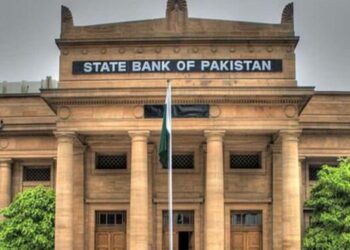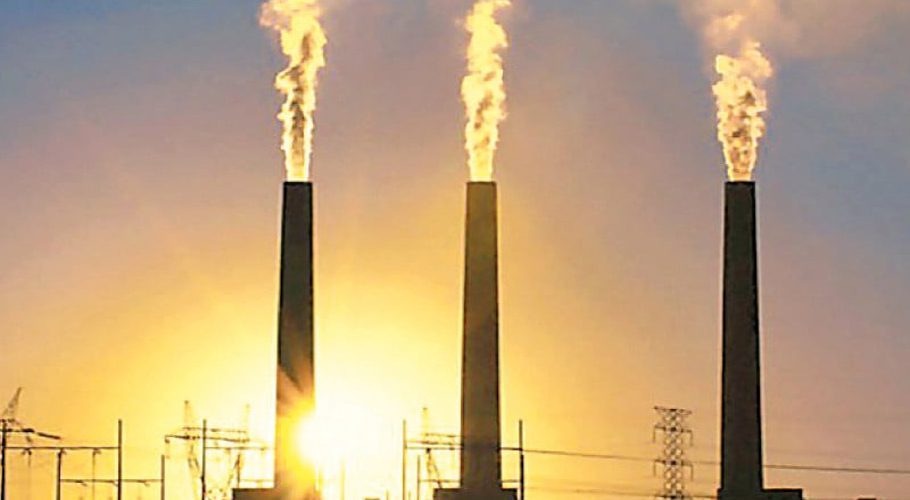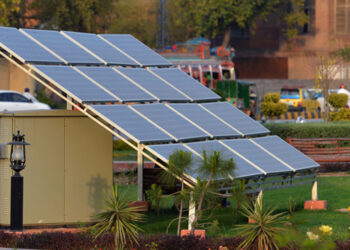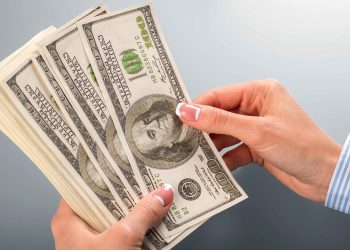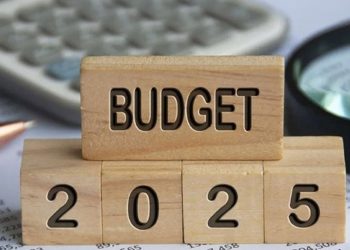ISLAMABAD: The month of February saw a rebound in prices of consumer items as inflation edged up to nine percent in March – the highest rate in as many months – due to surge in prices of food and electricity, the Pakistan Bureau of Statistics (PBS) stated.
On a month-on-month basis, inflation increased by 0.36 percent mainly due to an increase in prices of cooking oil, pulses, petroleum products and electricity charges for end consumers.
The PBS recorded 9.1% inflation rate three days after Prime Minister Imran Khan sacked Finance Minister Dr Abdul Hafeez Shaikh on charges of not controlling inflation, although the real reason was the central bank’s autonomy.
According to Bureau of Statistics, electricity rates were 31.5 percent higher than a year ago and almost all kitchen items recorded a double-digit rise in prices. The prices of eggs were 64% higher than a year ago despite moderate weather across the country.
In March, the wheat prices were 35% higher, followed by 24% average increase in prices of sugar, 19% wheat flour, 20% pulses, and 17% vegetable ghee. The inflation rate in urban areas slightly increased to 8.7% in March but in rural areas, the inflation rate increased from 8.8% to 9.5%.
Core inflation – calculated by excluding food and energy items – slightly decelerated to 6.3% in urban areas in March, the PBS said. In January 2021, the inflation reading had slipped to 5.7%, which led to congratulatory tweets from Premier Imran and Planning Minister Asad Umar.








